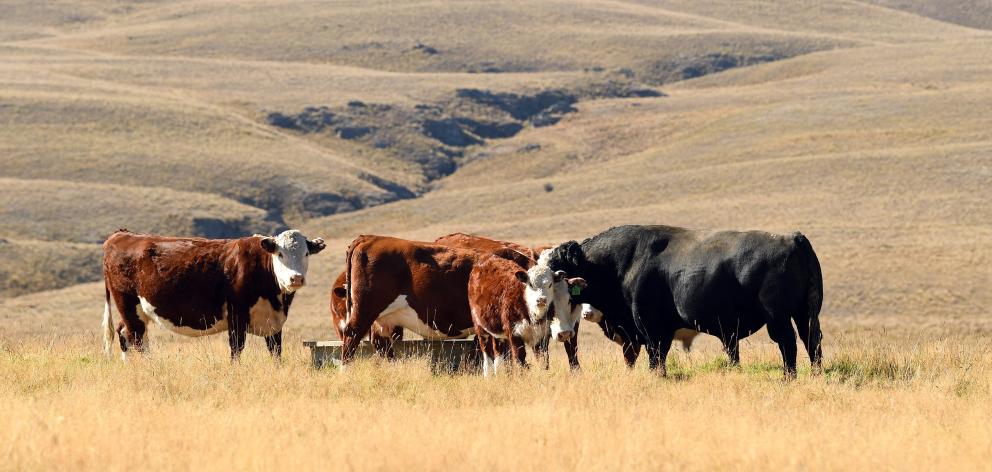
While reading a recent edition of The Weekend Mix (ODT, 18.6.22), I spotted a cartoon that said "dairy, beef and sheep farming is responsible for around half of New Zealand’s emissions."
As a sheep and beef farmer, I know it’s important that we talk about climate change. We see and feel the effects through droughts and other extreme weather events and the sheep and beef sector is committed to playing its part, like all areas of the New Zealand economy.
The statement in the cartoon frustrated me and would get many farmers feeling frustrated.
Yes, our agricultural emissions by carbon dioxide equivalence make up 48% of New Zealand’s total annual emissions, but that doesn’t tell the whole story and our sector isn’t contributing 48% of annual warming.
That’s because the current way New Zealand’s emissions are reported, using GWP100, significantly overestimates the impact that New Zealand’s sheep, beef and dairy production is having on climate change.
Why is this?
Our agricultural emissions are predominantly methane, which acts differently to carbon dioxide emissions.
As stated in the Intergovernmental Panel on Climate Change (IPCC), methane only lasts in the atmosphere for 12 years, compared to 1000 years for carbon dioxide .
Because carbon dioxide stays around for 1000 years, any new emissions of carbon dioxide add to warming. For methane, if emissions are constant or declining, they do not add to warming.
The IPCC said last year that "a 0.3% reduction per year in methane is equivalent to net zero for carbon dioxide."
In New Zealand, methane emissions from agriculture have been stable or decreasing for the past two decades. We are therefore contributing way less than 48% of additional warming each year.
The same IPCC report stated that using the common GHG methodology "GWP100" overstates the warming impact of methane by a factor of three to four times when emissions are stable or decreasing.
Following this report, about 30 of the world’s leading climate scientists released a paper calling on governments to start to report on warming as well as emissions and to set separate reduction targets for methane.
That is why Beef+Lamb New Zealand, DairyNZ and Federated Farmers recently wrote to the Government asking it to start to report on warming as well as emissions.
It is vital the Government does this so that the public has a better understanding of the true impact the various gases are having each year on the climate, and therefore the reductions each sector needs to make.
The Government recognises and understands the science. It is the reason why there are different reduction targets in the Zero Carbon Bill. The target for long lived gases is to get to net zero by 2050 and methane to reduce by 10% by 2030 and by 24-47% by 2050.
Unfortunately, the Government has done little to explain the science, and there are still many people who think that agriculture was "let off the hook" by these targets.
In fact, these methane targets are more ambitious than what is being asked of CO2 emitters, from a climate perspective.
A similar target for methane to get to "net zero" by 2050 would be a reduction of only 10% (not the current 10% by 2030).
The IPCC report makes it clear that by setting targets at this level, the Government is asking New Zealand agriculture to do more than CO2 emitters.
Farmers are ready and willing to do their bit to address climate change.
The He Waka Eke Noa primary sector climate action partnership, a world-first framework for measuring, managing, and reducing agricultural greenhouse gas emissions, recently submitted a recommended emissions pricing option to the Government to consider.
It’s a more appropriate alternative to bringing agriculture into the New Zealand Emissions Trading Scheme (NZ ETS), which would simply treat methane like CO2.
It’s time the Government acknowledged the science, adjusted the methane reduction targets and let the New Zealand public know that farmers are doing their fair share.
-- Andrew Morrison is Beef+Lamb New Zealand chairman and Southern South Island Farmer Director.












